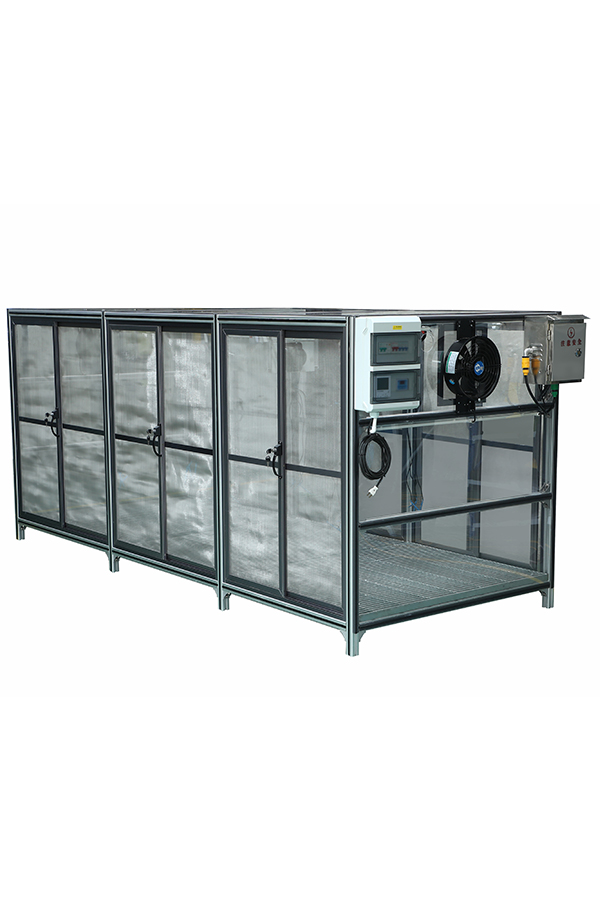All living organisms, including bacteria, have a way to get feedback from their environment that allows them to make intelligent choices and decisions. It's called intrinsic biochemical intelligence, and it's not based on any neural electrical impulses or anything remotely like brain function.
This intelligence consists of communication between cells and protein synthesis, which is carried out by genetically programmed genes in the ribosomes of all organisms. These processes, coupled with input from the outside world by means of natural selection, give populations of these creatures a chance to learn and to improve, enabling them to develop specialized and adaptive characteristics that allow them to survive.
The most advanced form of this intelligence is embodied in genetically engineered proteins that can act as signals and receptors, and in enzymes involved in the synthesis and degradation of these signals. These are the basis of the intelligence of all organisms, including bacteria and ants.
Neural networks are an extremely common regressive machine learning technique, which has found application throughout biochemical engineering since the early 1990s, with a recent surge in use catalysed by the advent of deep learning in 2015. They have been used for predicting fermentation variables [34], characterising amino acid sequences for optimisation of protein synthesis [35], and estimating the cetane number of different fatty acid methyl esters for biodiesel production.
Despite the numerous advances in machine learning technologies and mathematical modelling techniques that have been developed during the last two decades, there is still much to be done to quantify complex biochemical engineering domain knowledge into rigorous mathematical formulae that are able to accurately predict, monitor, control, and optimise industrial biotechnology processes. In this respect, digitalisation of biochemical systems and constructing industrially focused mathematical modelling tools are the key drivers for current biochemical engineering research and innovation.


 English
English 中文简体
中文简体











 ATTN: Crystal
ATTN: Crystal ATTN: Mila
ATTN: Mila

